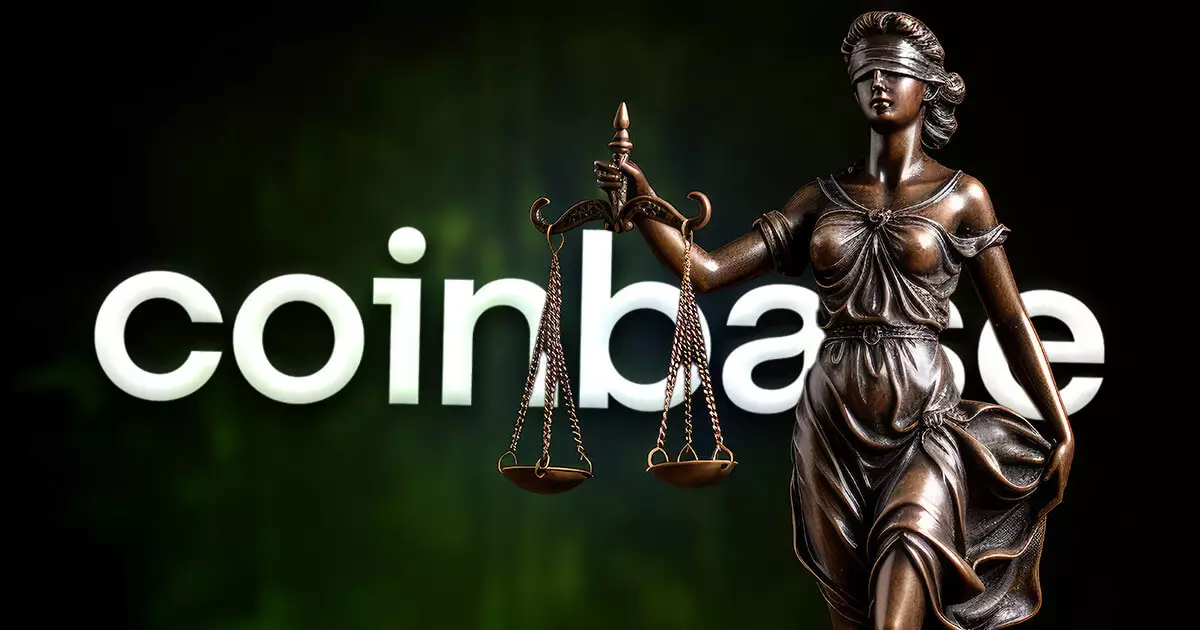The cryptocurrency market is an ever-evolving landscape that has witnessed a plethora of innovations and competitive strategies. Recently, this competition has spilled into the courtroom as BiT Global, a crypto custodian with ties to the controversial Justin Sun, has filed a lawsuit against Coinbase, the United States’ leading cryptocurrency exchange. This lawsuit raises several serious allegations that with a closer examination, probably point to a much larger issue regarding market competition, regulatory oversight, and fair practices in the rapidly changing crypto ecosystem.
In a December 13 court filing, BiT Global accused Coinbase of deliberately undermining its wrapped Bitcoin (WBTC) assets to promote its proprietary product, Coinbase Wrapped Bitcoin (cbBTC). Essentially, BiT Global claims that Coinbase is abusing its powerful market position to stifle competition, which can be interpreted as a direct violation of antitrust laws. The delisting of WBTC, it argues, was not based on quality or suitability but rather on a strategic maneuver to monopolize the market for wrapped Bitcoin, thus maximizing transaction revenues on their platform.
The implications of such allegations are profound. If proven true, these claims could not only signal a significant ethical failure on Coinbase’s part but may also have repercussions for how the entire cryptocurrency sector is regulated moving forward. By asserting that Coinbase has prioritized its financial interests over fair market competition, BiT Global might be highlighting a systemic issue that could undermine innovation in the crypto space, a field that thrives on decentralized principles.
Market Dynamics: A Closer Look
Coinbase has enjoyed a significant lead within the cryptocurrency exchange landscape but has recently faced competition from various wrapped Bitcoin products. As outlined in the lawsuit, the timing of Coinbase’s decision to delist WBTC coincides with the growing importance of cbBTC, which has rapidly gained recognition as the second-most popular wrapped Bitcoin after WBTC. The availability of cbBTC on both Ethereum and its Layer 2 counterpart, Base, demonstrates Coinbase’s aggressive strategy for securing its position in this lucrative market.
Furthermore, the court filing noted that Coinbase’s use of temporary promotional tactics—like the waiver of wrapping and unwrapping fees—may be an indication of a strategy formulated to outlast its competitors. BiT Global posits that such actions are a deliberate attempt by Coinbase to root out unhealthy competition and embrace monopoly-like power—a concern that resonates with regulators and advocates of fair trade practices.
The legal challenges facing Coinbase could serve as a litmus test for how regulators will manage competition in the burgeoning world of cryptocurrencies. If the court were to rule in favor of BiT Global, it could set a precedent where crypto companies are held to similar standards of competition as those in traditional financial markets. This could enforce greater scrutiny on the practices of larger cryptocurrency platforms and prompt a reevaluation of their market strategies to ensure a more level playing field.
Moreover, the lawsuit highlights growing concerns within the DeFi community regarding the centralized control of wrapped assets. This tension raises questions not only about the legitimacy of current wrapped Bitcoin products but also about the broader risk of centralization within a sector that initially sought to disrupt traditional finance through decentralization. The reaction from other players in the DeFi space, including MakerDAO and Aave, who have been cautious about using WBTC as collateral, reflects the anxieties surrounding stability and trust in wrapped assets.
As we observe the developments in the BiT Global versus Coinbase lawsuit, it becomes increasingly evident that the resolution of this legal battle could have lasting effects on the cryptocurrency market. The outcome might determine not just the fate of WBTC and cbBTC, but also influence the dynamics of competition, regulatory practices, and the fundamental principles of decentralization that underpin the crypto ethos. Ultimately, as the legal landscape evolves, it will be essential for crypto exchanges and custodians alike to prioritize fair play over market dominance to foster an environment ripe for innovation and growth in the industry.
















Leave a Reply